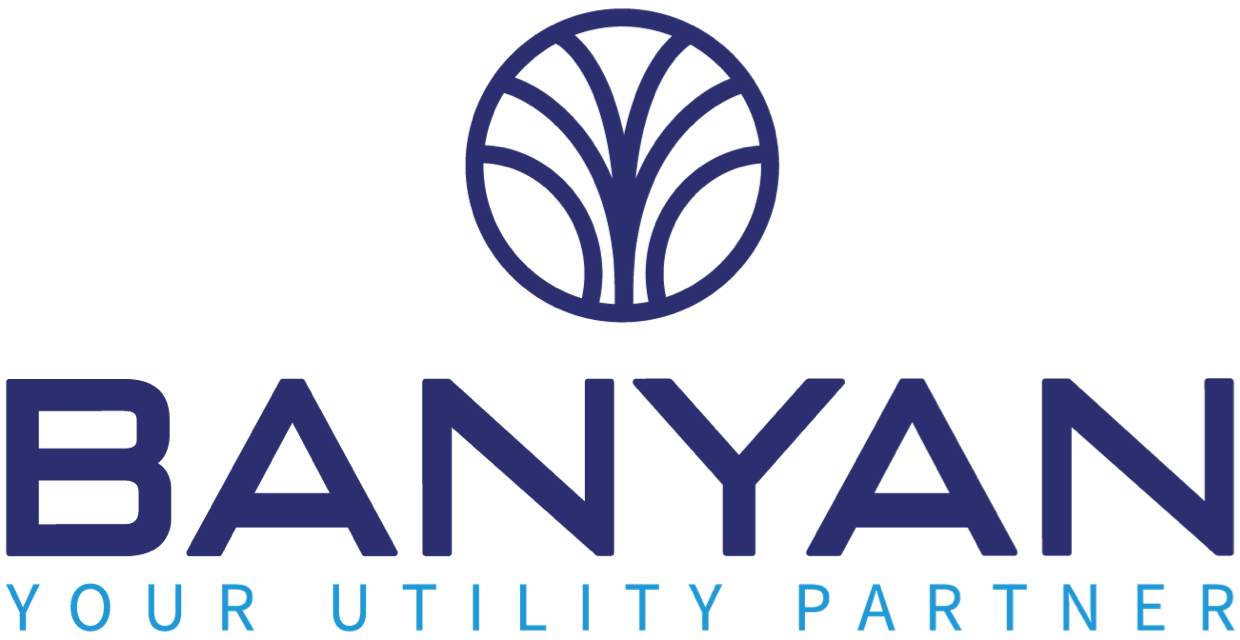Submetering Is Good For The Environment and Great For The Bank Account
The need to conserve natural resources has never been greater and more and more people are choosing to live a more environmentally-friendly lifestyle. Individual citizens can do their part by choosing “greener” ways to live but there needs to be a way to conserve on a larger scale. No matter how “green” we wish to live, we still need to have electricity, water, and gas and these utilities are derived from renewable and nonrenewable natural resources. Most of us are not in control of making our own power and utilities, so all we can do is learn to be more judicious in our consumption. But that is not always an easy task, especially when we have no idea just how much of a particular utility we are using.
Submetering is a system of individual meters where the cost of utilities is determined by actual utility usage, rather than a broad estimate or allotment of what is used. Actual utility consumption is measured by distinct utility meters placed in or around an individual housing unit or commercial business or building. The utility usage is sent to a independent utility submetering company who calculates precise charges and bills each tenant accordingly.
Here is an example: A person owns a small strip mall. This person charges a flat rental price for each business regardless of how many people work in each store. If all utilities are included in the rental fee, chances are that the tenants will not be too concerned about the amount of utilities they are using. If the rental fee does not include utilities, the tenants may or may not be concerned with conserving utilities; if they are not, the property owner will end up spending a great deal of money on the consumption charges as well as repairs and upkeep of the utility-delivering devices (air conditioners, water heaters, and so forth). Not only are the tenants being environmentally unconscious, but the net operating income for this strip mall is less than it could be due to all the utility and maintenance costs.
Now imagine that the property owner installed submeters in each store. The meters keep track of each store’s utility consumption and transmit this information to a centrally-located utility submetering company who calculates the charges. The utility usage of each store is determined and they are sent a bill for their charges. Chances are that once the tenants have to pay more for being wasteful, they will become more aware of their utility usage and will start to conserve more, saving money for themselves and the property owner in the process. Because the utility charges and billing will be handled by the utility submetering company, the property owner gains more time to focus on other issues as well as acquiring a greater net operating income and higher property value.
If submetering is not a feasible option in the above example, a fair Ratio Utility Billing System (RUBS) can be established instead. A RUBS calculates utility usage based on the size of the commercial space and how many people are occupying and using utilities at that space, then calculates utilities based on pre-set industry-wide standards. Billing is handled by the utility submetering company when using a RUBS, which frees up time and saves money in the same way it does when using submeters.
A submetering system or a RUBS saves money, time, and managerial burden for property owners and forces tenants and employees to be more environmentally responsible. Not everyone will practice the preservation of natural resources but lowering utility costs means stable rents and secure salaries for tenants and employees, something which most people can agree on.
